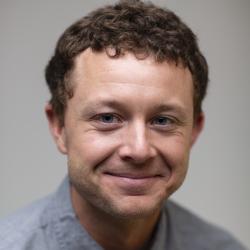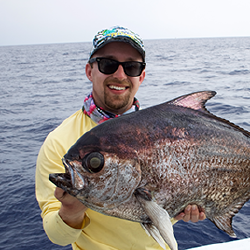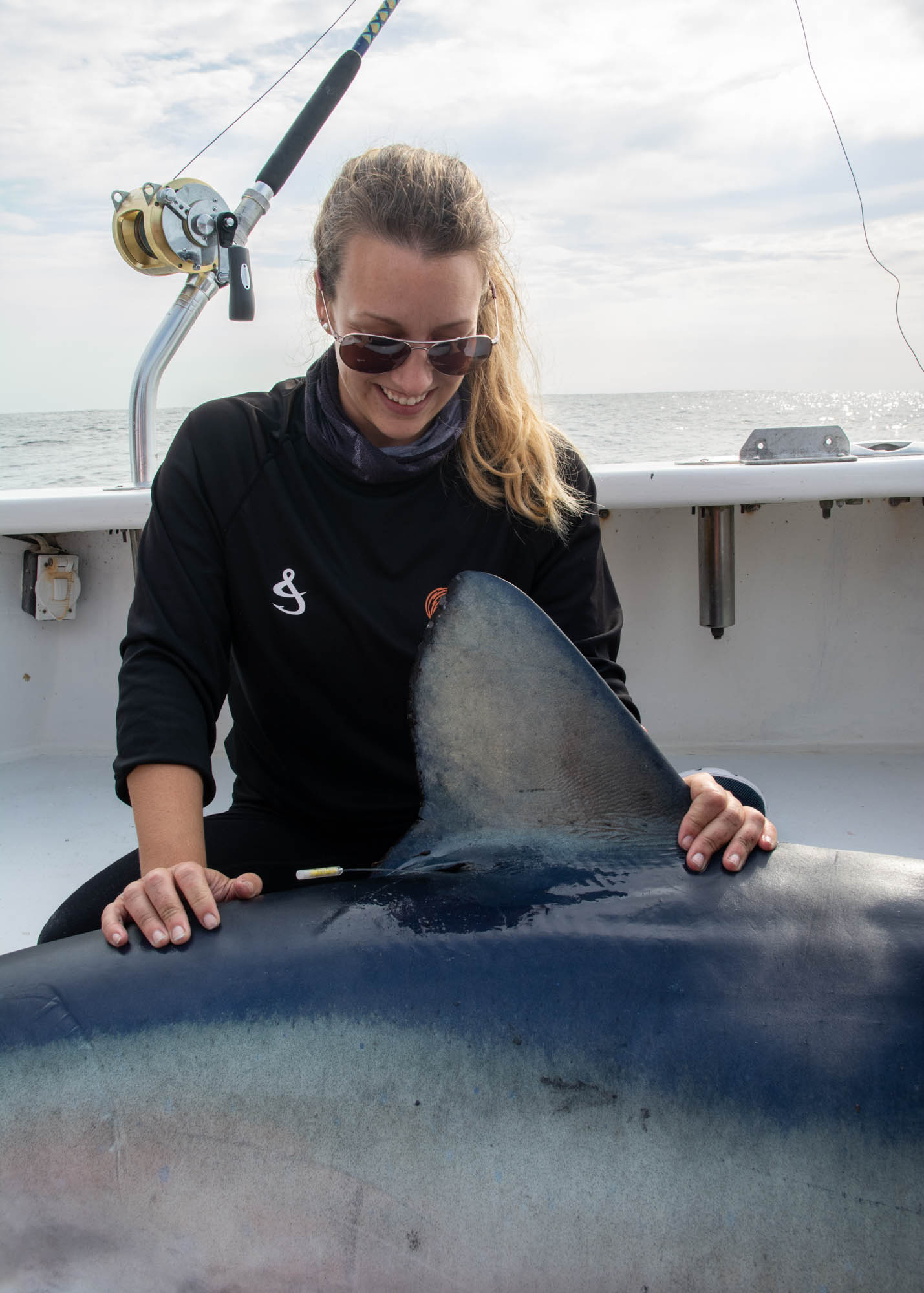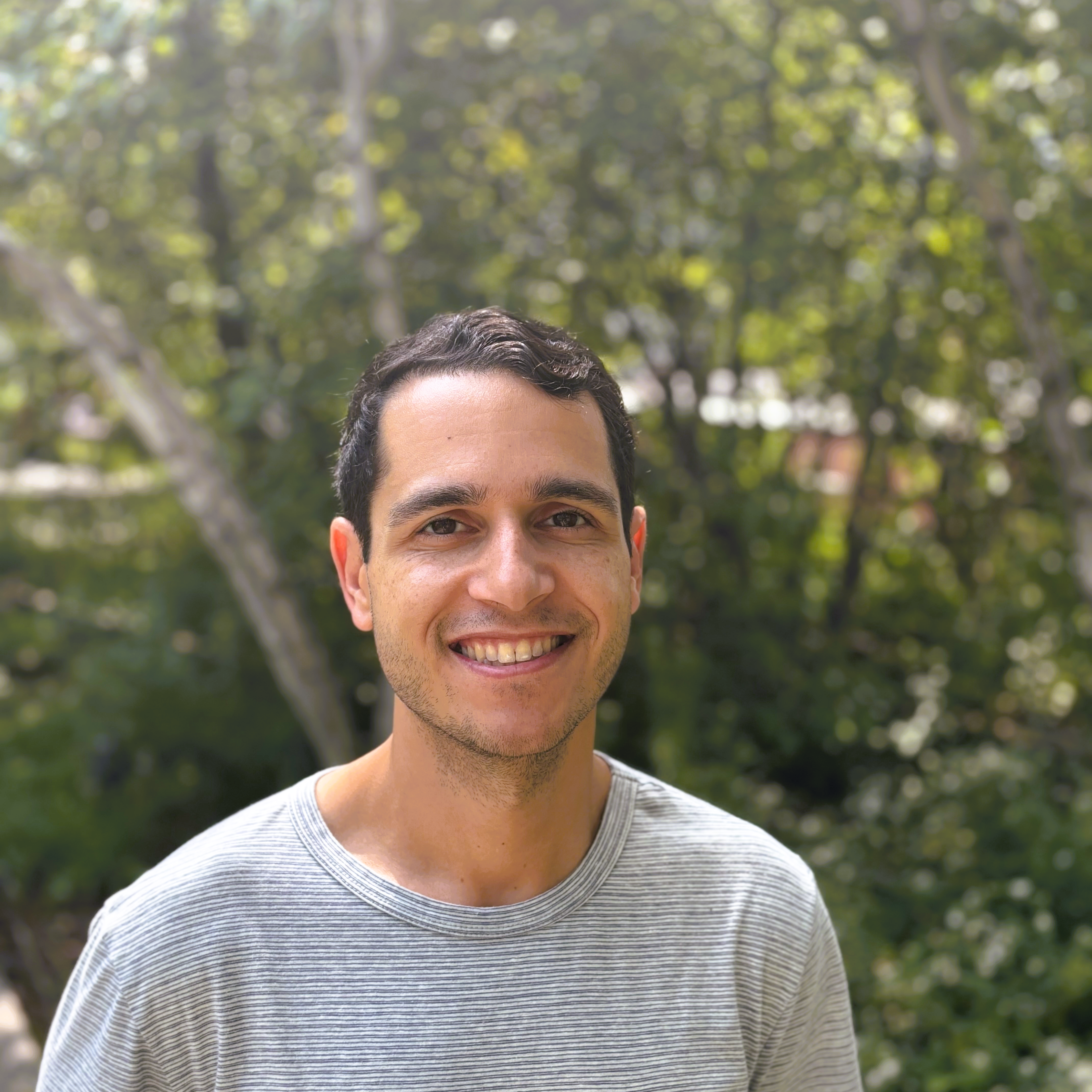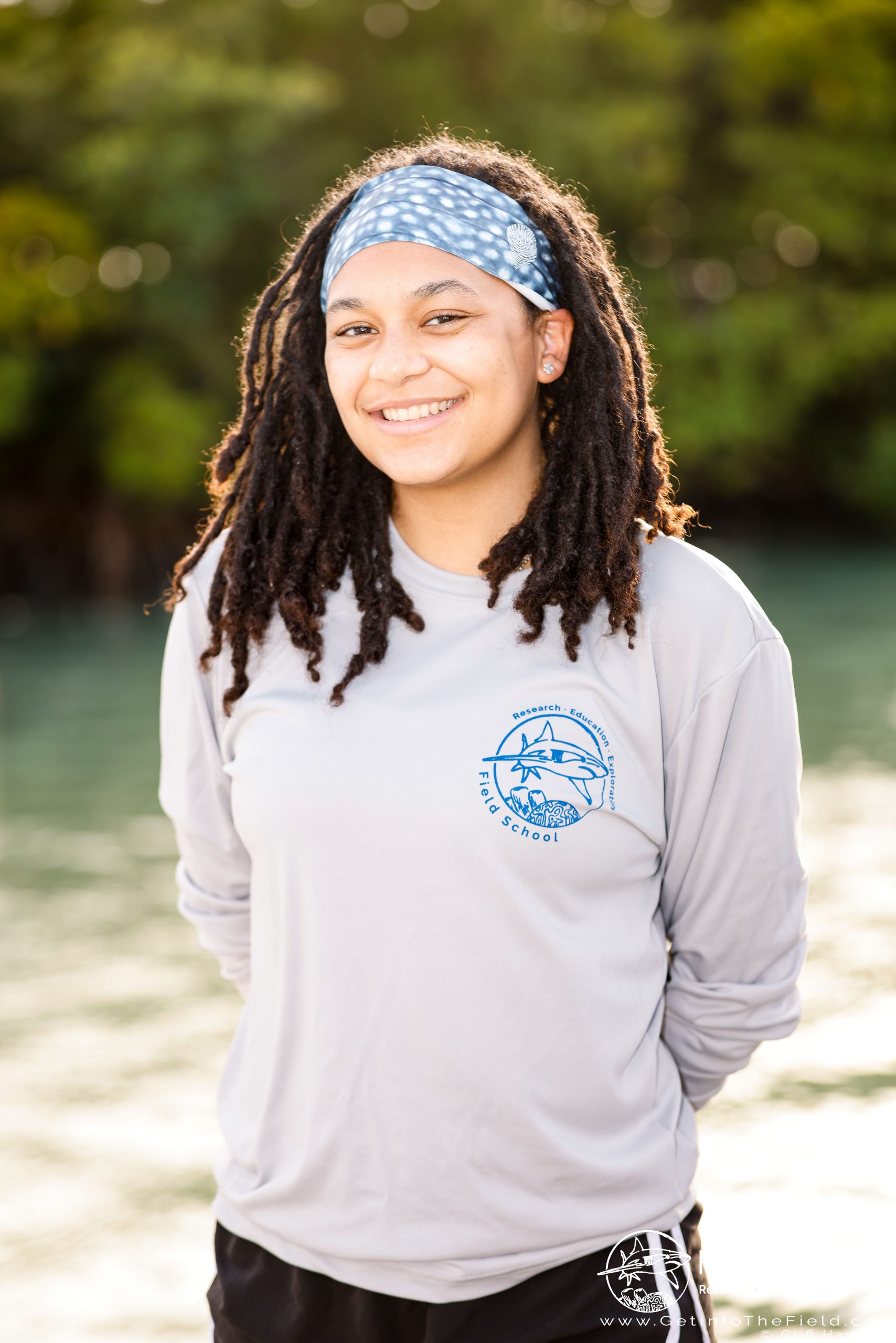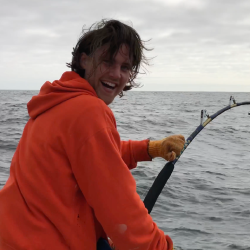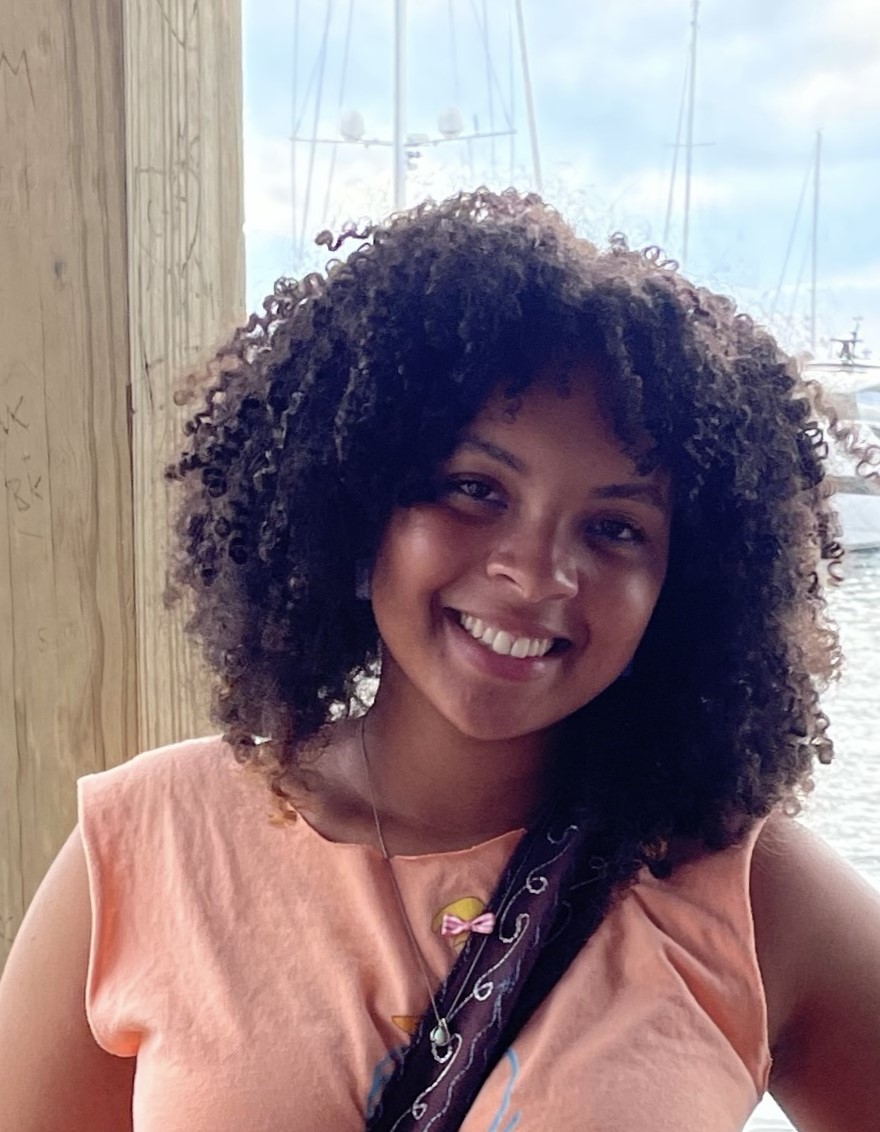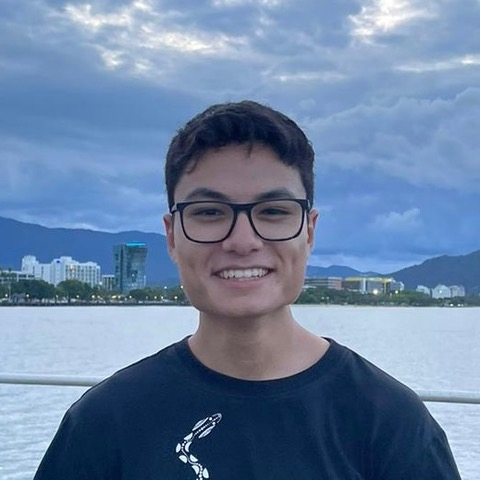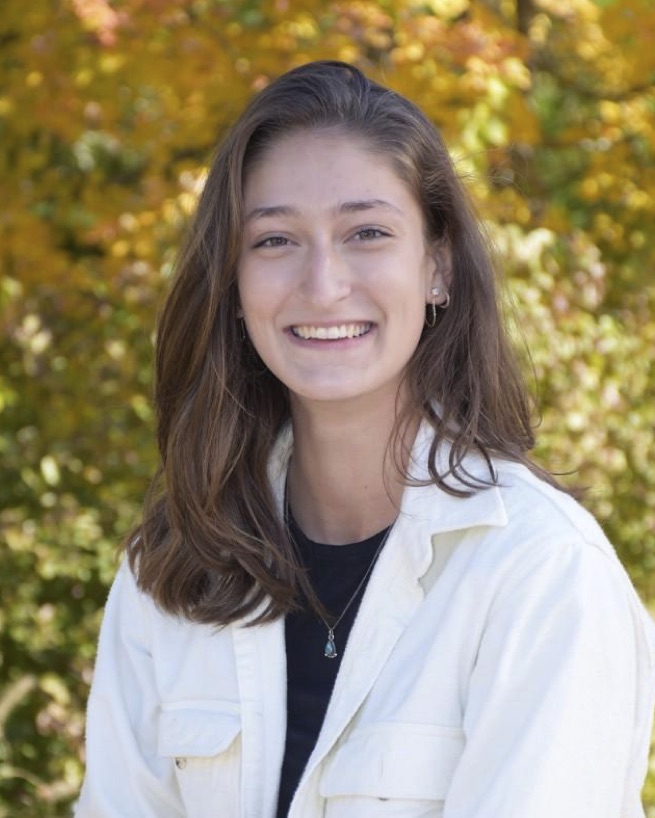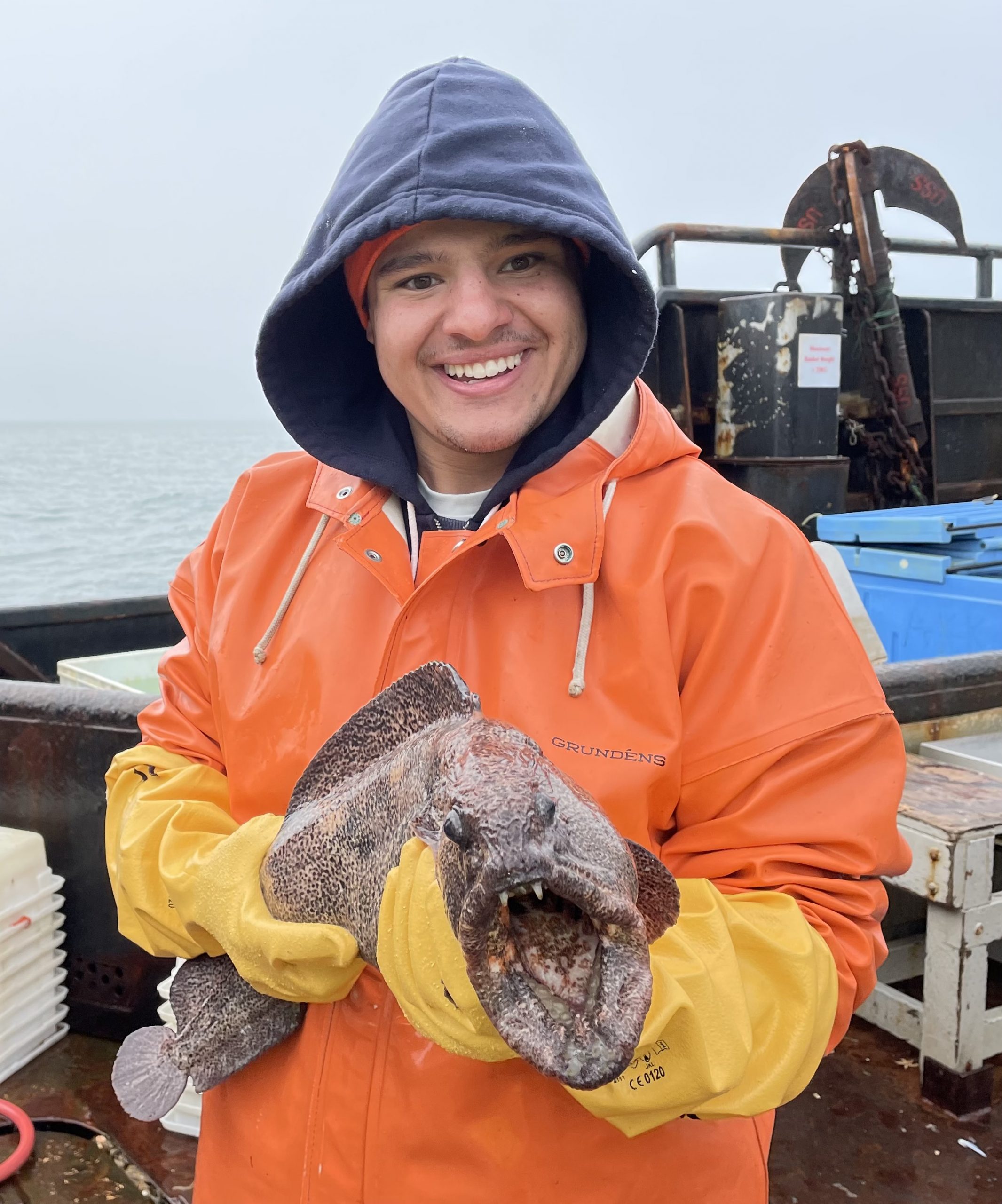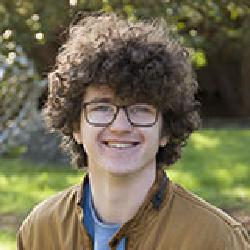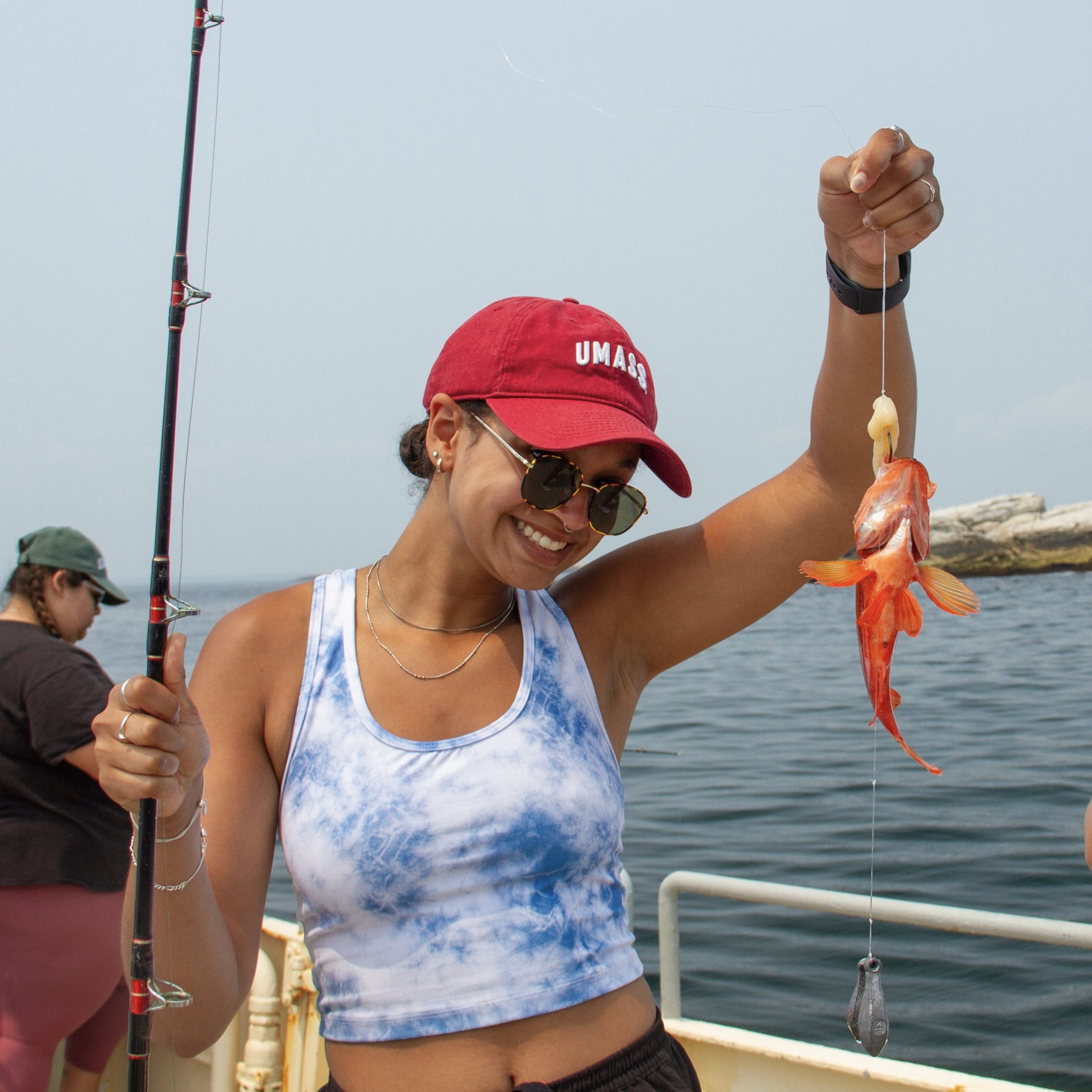Our Team
Camrin Braun (PhD)
Principal Investigator
Assistant Scientist at WHOI
Camrin is a marine ecologist working at the interface of top predator ecology and oceanography. His research unites physical-biological interactions with the challenges of managing living marine resources in a dynamic ocean. He is particularly passionate about applying computational, lab and field-based approaches to emerging ocean challenges. For example, his work in predator-environment relationships has demonstrated the significance of the ocean twilight zone for top predators, a deep region of the marine realm that remains largely unexplored. He received his PhD from the Massachusetts Institute of Technology-Woods Hole Oceanographic Institution Joint Program in Oceanography and completed a NASA-funded postdoc at the Applied Physics Laboratory (UW) studying the influence of (sub)mesoscale oceanography on pelagic ecosystems. Dr. Braun received his MSc from King Abdullah University of Science and Technology (Thuwal, Saudi Arabia) and is a National Geographic Explorer and member of the Explorer’s Club.
Martin "Martini" Arostegui (PhD)
Postdoctoral Investigator
Martini’s primary research interest is the behavior and ecology of fishes and elasmobranchs in both marine and aquatic ecosystems. His current research at WHOI focuses on revealing a) the migration pathways of pelagic predators that either regularly visit or reside in the mesopelagic zone, b) the role of light in structuring vertical movement patterns of the pelagic predator community, and c) ecosystem connectivity among the surface and deep ocean. He uses satellite telemetry, fishery-dependent quantitative modelling, stable isotope analysis, and other methodologies to address both basic and applied research questions with the goal of improving our understanding of these organisms and supporting sustainable fisheries. During his PhD at UW SAFS, Martini studied the ecotypic differentiation of rainbow trout and life history diversity of salmonids in lakes. His other research interests include the influence of (sub)mesoscale oceanography on pelagic predator aggregation, recreational and commercial fisheries management strategies, trophic ecology of protected species, parasite-host interactions, biological control of human diseases, and the genetic architecture underlying intraspecific diversity.
Laura Mcdonnell (PhD)
Postdoctoral Scholar
Nima Farchadi (PhD)
Guest Investigator & Postdoc
Jaida Elcock
PhD Candidate
MIT-WHOI Joint Program in Oceanography/Applied Ocean Science & Engineering
Jaida is interested in the ecology of all things elasmobranch. She previously worked with many elasmos at OdySea Aquarium and has studied skate reproduction ecology during her REU experience with UW's Friday Harbor Labs. Jaida is also passionate about science communication and can be found making shark-centric content for many different platforms, in cluding classrooms, panels, podcasts and social media. She is a co-founder of Minorities in Shark Sciences (MISS), an organization dedicated to supporting women of color in the field of shark science. Jaida is incredibly excited to pursue her passion for studying the ocean and lifting others up with her along the way.
Emmett 'Carp Boss' Culhane (MSc)
PhD Candidate
MIT-WHOI Joint Program in Oceanography/Applied Ocean Science & Engineering
Emmett is a PhD candidate in the Marine Predator Group where he is applying machine learning and other computational tools to marine science. Emmett completed his MSc in Computer Science at Yale in Spring 2020. Prior to attending Yale, Emmett worked as a performer on several DARPA programs under the Information Innovation Office (I2O), where he contributed to research efforts in computer science and counter intelligence. He is currently researching the use of non-linear dimensionality reduction algorithms as a method for taxonomic subtyping of plankton based on in-situ imagery.
Amenya Jean
NSF REU Student - Summer 2024
Hunter Milles
Graduate student @ San Diego State University & Guest student, WHOI
Undergraduate Honors Thesis - 2023-24
NSF REU Student - Summer 2023
Hunter recently completed his Bachelor’s in Biology at Oberlin College and is now a graduate student at San Diego State University. His research interests, while encompassing most fields related to the ecology of marine predators, emphasize behavior and sensory biology in marine predators. In pursuing these passions, he hopes to illuminate the importance of predators in marine ecosystems, encouraging their conservation. At WHOI, Hunter is working on a species distribution model for whale sharks in the Northwest Atlantic to understand how environmental variability drives their movement ecology in the region. Upon completing his undergraduate degree in 2024, Hunter intends to pursue a graduate degree in Marine Biology.
Piper Augat
Guest Student / Undergraduate @ UConn
Before UConn, Piper was a senior at Falmouth Academy where she spends some of her time working on oceanography-related science projects. Her most recent project compared the presence of microplastics between the Caribbean and North Atlantic Gyre in collaboration with scientists at the Sea Education Association. She has also worked on the effect of oxybenzone (a common ingredient in sunscreens) on a unicellular algae, Isochrysis galbana, which earned her a second-place award in the state science fair and a third-place award among high school students in the region. She’s fascinated by all branches of biology, which she’s hoping to pursue in college.
Hudson Filas
Volunteer
Hudson recently graduated from Eckerd College with a BSc in marine science. His research interests lie in trophic ecology at both the individual and community levels. He has worked both as a Hollings Scholar and as a contractor with the Resource Ecology and Ecosystem Modeling Program (REEM) at NOAA’s Alaska Fisheries Science Center (AFSC) to examine dietary patterns in fishes native to the Aleutian Islands. At WHOI, he is summarizing data on the rarely observed louvar (Luvarus imperialis) in an attempt to better understand its trophic niche. Hudson hopes to pursue a graduate degree in the field of marine ecology.
Lab Alumni
Aidan Cox (BSc)
Currently Research Technician @ Point Blue
Guest Student / BSc in Marine Biology, Univ of Washington
Aidan Cox recently completed his BSc in the Marine Biology department at the University of Washington. His research aspirations include quantifying deep-sea habitat use in marine predators to inform exploration and conservation. As a member of the Marine Predator Group, Aidan is responsible for analysis and visualization of pop-up satellite archival tag data. His current work involves quantifying surface use by North Atlantic swordfish to improve tagging approaches and technologies. These results inform study design and implementation of innovative technologies to explore how these predators interact with oceanographic features, including the deep ocean.
Jaida Buchanan
Currently Undergraduate @ UMass-Amherst
NSF REU Student, Summer 2022
Jaida is currently working toward a Bachelor's degree in Biology with a minor in African American History at the University of Massachusetts, Amherst. After taking a class in shark biology and conservation, she realized how important apex predators are to the well-being of the ocean ecosystem. She is most interested in the ways that climate change will impact marine organisms in the upcoming decades. Once she finishes her undergraduate education in 2023, Jaida hopes to go on to earn a Masters degree in Marine Biology and Conservation.
